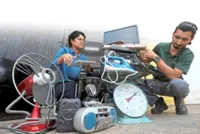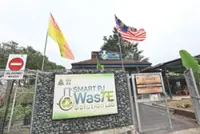‘Mindset of highrise management, residents key to meeting waste separation objectives’
SELANGOR is set to finalise the ratification of the Solid Waste and Public Cleansing Management Act 2007 (Act 672) by this year, paving the way for stricter regulations on waste management.





